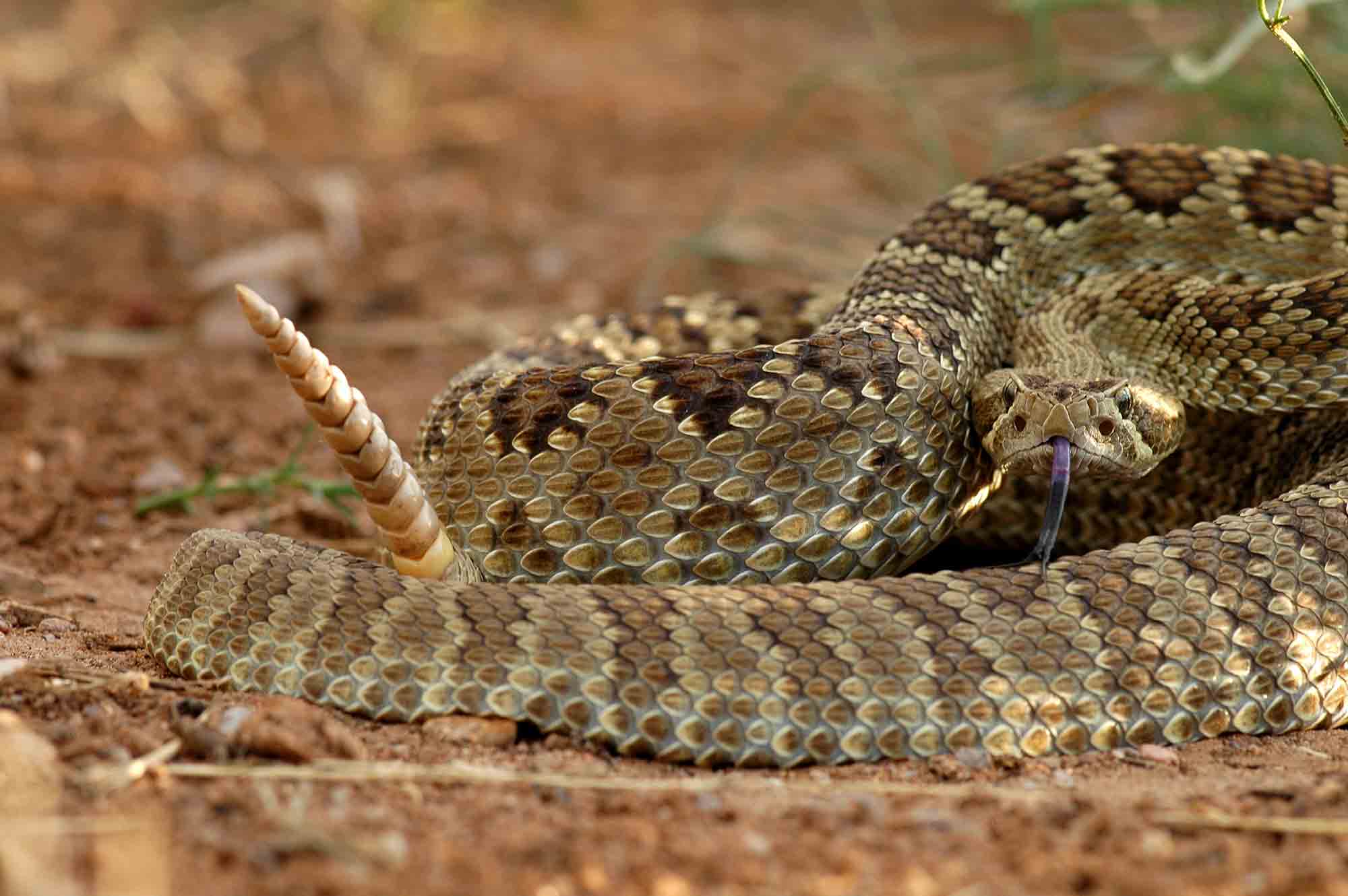Understanding Your Pet’s Risk and the Rattlesnake Vaccination
 California living is hard to beat, but one thing that many of us could live without is the worry of rattlesnakes. If you have lived here very long, you have probably learned a little bit about rattlesnake safety and how to peacefully cohabitate with the reptiles in the landscape.
California living is hard to beat, but one thing that many of us could live without is the worry of rattlesnakes. If you have lived here very long, you have probably learned a little bit about rattlesnake safety and how to peacefully cohabitate with the reptiles in the landscape.
Every year, though, our staff at Rocklin Ranch Veterinary Hospital treats pets who have been envenomated by rattlesnakes. Understanding your pet’s risks is helpful to determine how to better protect them from having this happen and to determine whether rattlesnake vaccination is appropriate for your pet.
A Calculated Risk
Snakes are cold-blooded critters, which means that they are most active in the warmer, dry months. Here in Northern California, we are in snake season. Beginning in April and extending into October, we consider this part of the year to be high risk for snake exposure.
Rattlesnakes tend to reside in areas with grassy brush and debris, such as rocks and logs. If there is a small rodent population, you are sure to find a snake nearby.
Any pet who goes outdoors is at risk for rattlesnake exposure, but not all of them need to receive the rattlesnake vaccine.
In general, pets who are at high risk for a bite should be vaccinated. These include:
- Animals who spend lots of time outdoors, such as those who accompany their owners hiking, camping, or hunting
- Pets with a high prey drive who are unlikely to heed a rattlesnake’s warning
- Smaller at-risk dogs who are less able to sustain a bite
- Puppies over 4 months of age who tend to be more curious
If you are unsure, we are happy to help assess your dog to determine whether vaccination is appropriate.
Be sure to take extra precautions with new puppies this time of year, who are unable to be vaccinated yet due to age. Do not allow them to pester wildlife or spend time outdoors unsupervised. A rattlesnake bite is serious business for even an adult dog.
Understanding Rattlesnake Vaccination
There are many myths and misconceptions surrounding rattlesnake vaccination in pets. It is important to understand the facts about the vaccine before choosing it for your four-legged companion.
The rattlesnake vaccine:
- Can be administered starting at 4 months of age
- Needs to be boostered about a month after the initial vaccine
- Should be given annually, as its effects wane
- Ideally, should be given approximately 30 days prior to the start of snake season (i.e. March)
- May need to be administered every 6 months for pets needing year-round protection, such as those who spend time in the southern half of the state, where snake activity also occurs in the winter
And, perhaps most importantly: vaccinated dogs who are bitten by a rattlesnake still need to seek emergency veterinary care. While the rattlesnake vaccine will buy a little time by creating antibodies to the rattlesnake venom, exposed pets still need antivenin administered quickly to prevent death.
Rattlesnakes may be a part of living on the West Coast, but that doesn’t mean that you can’t do your part to protect your pet. While rattlesnake vaccination doesn’t take away the worry in its entirety, it is a small insurance policy in your pet’s wellness care to help your pet survive, should they meet a snake unexpectedly.

